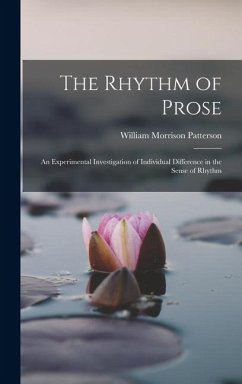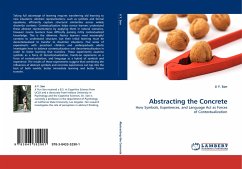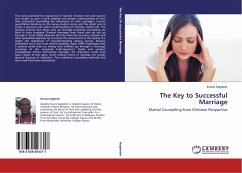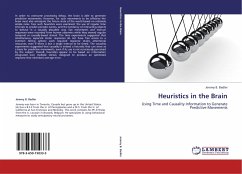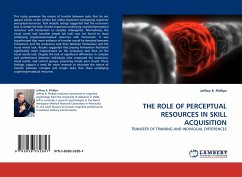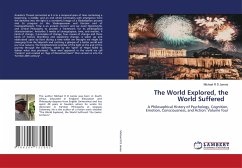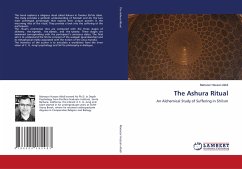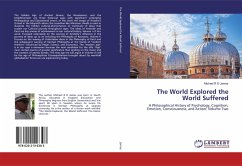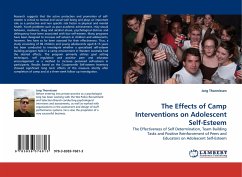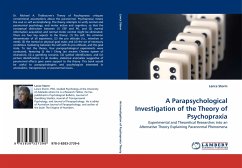
A Parapsychological Investigation of the Theory of Psychopraxia
Experimental and Theoretical Researches into an Alternative Theory Explaining Paranormal Phenomena
Versandkostenfrei!
Versandfertig in 6-10 Tagen
52,99 €
inkl. MwSt.

PAYBACK Punkte
26 °P sammeln!
Dr. Michael A. Thalbourne s Theory of Psychopraxia critiques conventional assumptions about the paranormal. Psychopraxia means the soul or self accomplishing. The theory attempts to unify normal and paranormal psychology, and motor action and cognition, so that the conceptual distinction between (1) ESP and PK, and (2) normal information acquisition and normal motor control might be eliminated. There are four key aspects to the theory: (1) the self, the common denominator of all experience; (2) the pro attitude (i.e., intention or need); (3) the mental or physical goal state; and (4) the set o...
Dr. Michael A. Thalbourne s Theory of Psychopraxia critiques conventional assumptions about the paranormal. Psychopraxia means the soul or self accomplishing. The theory attempts to unify normal and paranormal psychology, and motor action and cognition, so that the conceptual distinction between (1) ESP and PK, and (2) normal information acquisition and normal motor control might be eliminated. There are four key aspects to the theory: (1) the self, the common denominator of all experience; (2) the pro attitude (i.e., intention or need); (3) the mental or physical goal state; and (4) the set of necessary conditions mediating between the self with its pro attitude, and the goal state. To test the theory, four parapsychological experiments were conducted, featuring (i) the I Ching (an ancient Chinese system of divination), (ii) a gambling scenario, (iii) symbol identification, and (iv) picture identification. In all studies, statistical anomalies suggestive of paranormal effects gave some support to the theory. This book would be useful to parapsychologists and psychologists interested in anomalistic, transpersonal, or paranormal issues.



